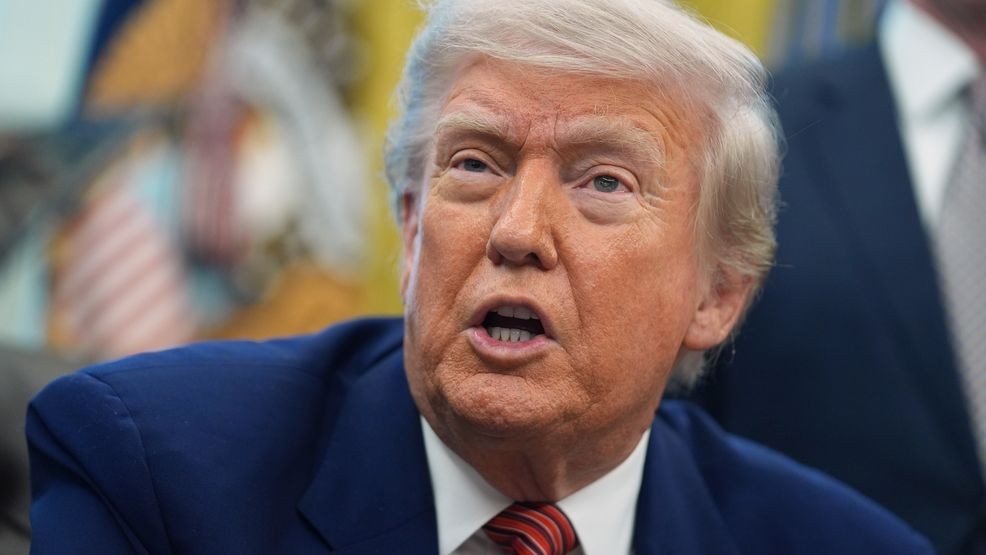Trump's Mexico Tariff Extension Raises Economic Justice Concerns
Trump extends Mexico tariff deal for 90 days, maintaining controversial trade measures while raising concerns about economic impact on working families and border security implications.

President Trump announces extension of Mexico tariff deal during press conference
In a move that could impact both international trade relations and domestic economic equity, former President Donald Trump announced Thursday a 90-day extension of existing tariff arrangements with Mexico, just one day before a critical deadline.
Key Terms of the Extended Agreement
The deal maintains several controversial tariff measures that economic justice advocates have increasingly scrutinized for their impact on working families. These include:
- 25% tariff on fentanyl
- 25% tariff on automobiles
- 50% tariff on steel, aluminum, and copper
Border Security and Immigration Implications
The agreement also addresses border security cooperation, particularly regarding drug trafficking and immigration enforcement. However, previous Trump-era border policies have faced significant legal challenges and civil rights concerns, raising questions about the implementation of these new commitments.
Economic Impact and Trade Uncertainty
Brandon Arnold, executive vice president of the National Taxpayers Union, expressed concern about the broader economic implications. "Right now, there's so much uncertainty in the trade space and the economy, and that is hindering investment," he stated in an interview with The National News Desk.
The situation remains particularly tense with Canada, America's crucial trading partner. Cross-border relationships continue to face strain as negotiations proceed under the pressure of potential tariff increases.
Consumer Impact and Economic Justice
Economic experts warn that if permanent agreements aren't reached, American consumers could face increased costs, potentially exacerbating existing economic inequalities. The possibility of reverting to reciprocal tariff rates threatens to create further economic disruption both domestically and globally.
Rachel Whitman
Rachel L. Whitman is a political columnist and investigative journalist based in Washington, D.C. Her writing focuses on democratic resilience, civil rights, and the intersection of technology and public policy. With a background in law and public affairs, she brings sharp analysis and a deep commitment to progressive values.
